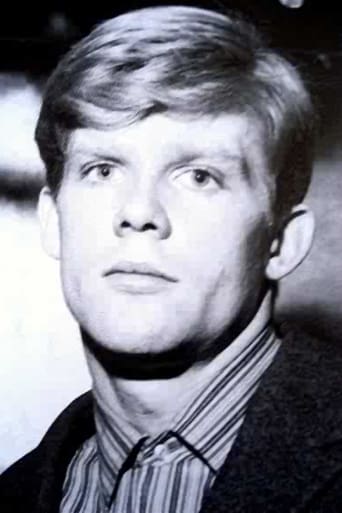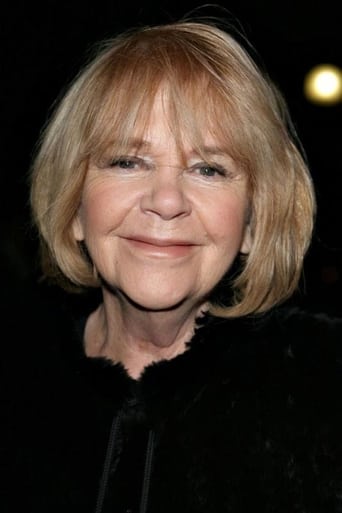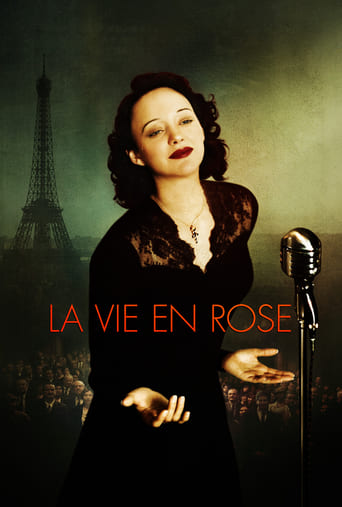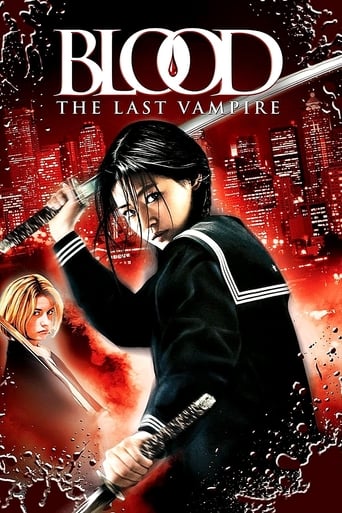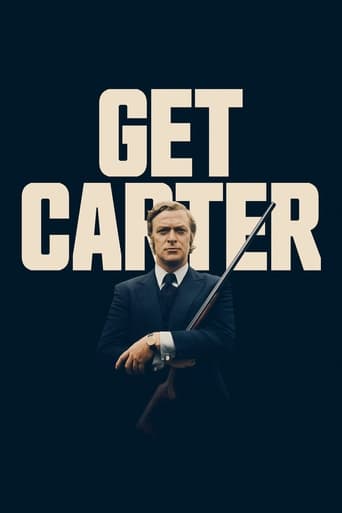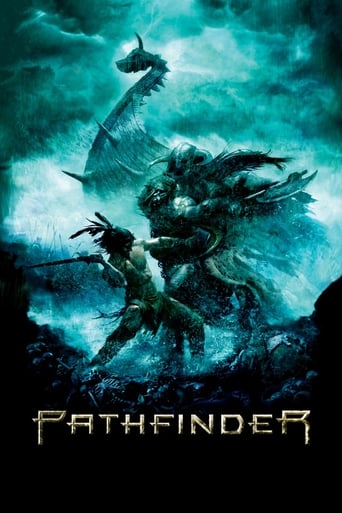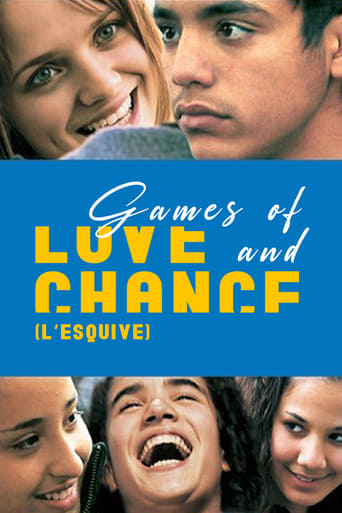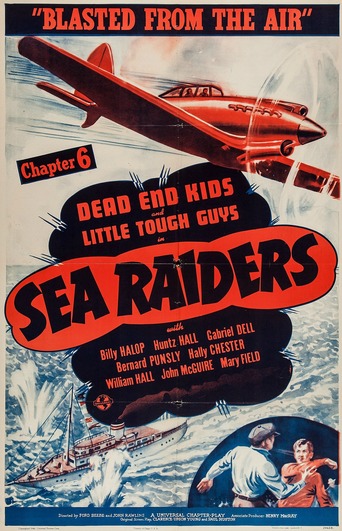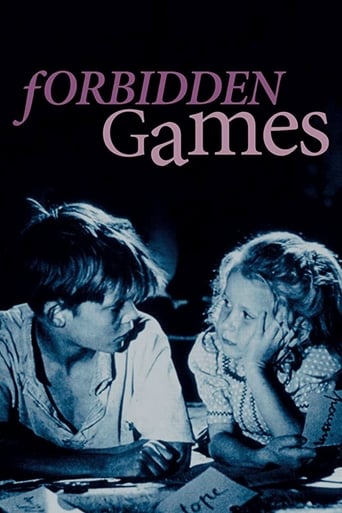
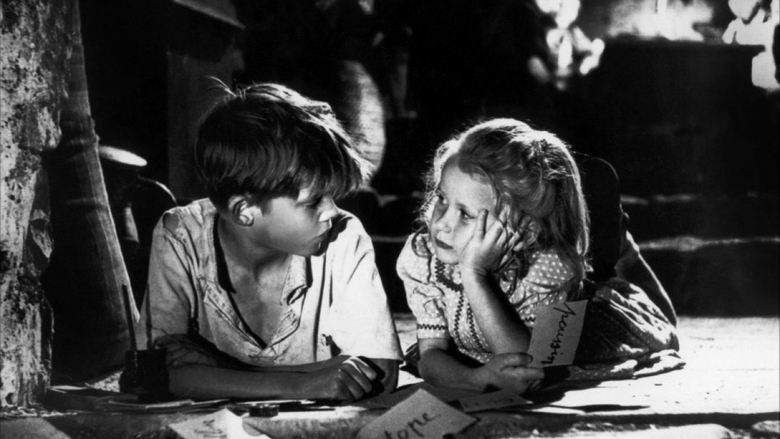
Forbidden Games (1952)
Orphaned after a Nazi air raid, Paulette, a young Parisian girl, runs into Michel, an older peasant boy, and the two quickly become close. Together, they try to make sense of the chaotic and crumbling world around them, attempting to cope with death as they create a burial ground for Paulette's deceased pet dog. Eventually, however, Paulette's stay with Michel's family is threatened by the harsh realities of wartime.
Watch Trailer
Cast
Similar titles
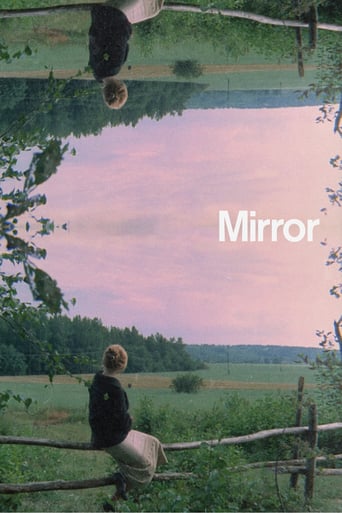
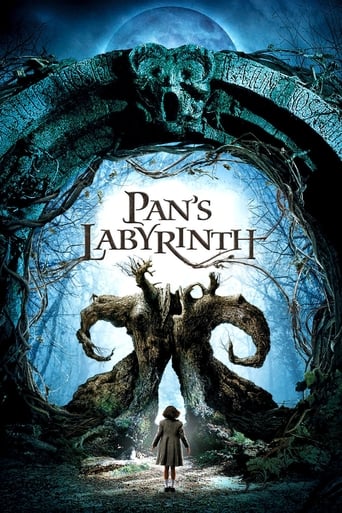
Reviews
Although it has its amusing moments, in eneral the plot does not convince.
One of the best movies of the year! Incredible from the beginning to the end.
The film's masterful storytelling did its job. The message was clear. No need to overdo.
It's a good bad... and worth a popcorn matinée. While it's easy to lament what could have been...
June 1950, the parents of a five-year-old girl Paulette (Fossey) are killed in a sudden strafe as they are fleeing from Paris during the Fall of France, death befalls her so wantonly, even her puppy cannot survive it. Then Paulette runs into Michel Dollé (Poujouly), a boy slightly older than her, who brings her to their rural home, a household of eight, the Dollé family takes her in, despite of the wartime difficulties.Paulette has a new home, but she is shell-shocked, what the hell can a little girl do to process the after-effects of death at such an innocent age? Director René Clément's Golden Lion champion pluckily grapples with this delicate matter in question postulated by François Boyer's source novel, it is more complex than a deviant orbit caused by children's innocence loss or juvenile blind faith (the latter would get a nice exploration in Bryan Forbes' WHISTLE DOWN THE WIND 1961). Paulette becomes fixated on the ritual after death ever since she tries digging a hole to bury her dead puppy and proffering something more orthodox to ensure a solemn promise of rest-in-peace, one thing after another, she needs other dead animals to be interred nearby for company, with Michel gladly offering his helping hand, their "pet cemetery" project goes rather smoothly, the last thing they need is crosses, and there is only one place can meet their requirement - the church cemetery.Does it sound morbid? On paper, yes, the psychological transference of a child's unhealthy obsession, which trespasses innocence and is fomented by the underdeveloped intelligence, can be reckoned as a fervent anti-war manifesto, children should never be afflicted with the cruelty of war, at any rate, that lies the meat of the film's enduring value and universal cachet. A sharp reference can be traced from the depiction of the feud between the Dollés and their neighbor, the Gouards, men are innately belligerent, and the film also shows that how shockingly easy to catalyze hostility into action even by blatant lies.Clément's spanking execution guile-fully hedges around most of the animal cruelty - save the unfortunate fate of Paulette's fox terrier, and the film itself is an absolute marvel, organically endearing and enormously poignant, Fossey and Poujouly are plain wunderkinds in front of camera, both in their first screen roles, completely tug at audience's heartstrings, in particular, their respective final scenes. It is a boy's rite-of-passage to face the vagaries of the adult world versus a girl's new chapter with her abruptly orphaned identity which chanciness beckons. But on a brighter side, love is cherished and celebrated in its purest form. Narciso Yepes' pellucid score turns mellow and romantic whenever the two kids are in the same frame, including the ear-worm takeaway, the guitar piece ROMANCE.Clément also garnishes the two leads with a rosary of subplots about the adults, each member of the Dollés is allotted with economic but well-crafted quota to reveal an authentic immediacy of life under that particular cloud, anxiety, dissatisfaction, sexual awakening and increasingly religiously dependent. To put it in a simple sentence, FORBIDDEN GAMES is a chef-d'oeuvre and one of the most important movies every human being on earth needs to watch and be affected, stunned and amazed!
Here's another french classic. What we've got here is nothing in the style of French New Wave but this isn't just another Holocaust film either. Even though it takes place at the time of the infamous World War II, at least the filmmakers had the decency of not showing too much of the horrors of the war, which is fine by me. That said, this movie is depressing in nature, but that was inevitable. The journey of a very little child named Paulette is quite heartbreaking. Yet it's not like there isn't some humor in this frenchy classic.Paulette is, along with her parents and her sweet puppy, trying to escape from the horrors of war. So are many people. Not all have the same luck, though. Paulette escapes unharmed but both her parents and her adorable puppy don't make it. The bit of the puppy is the most heart-wrenching part of this motion-picture, not only for this little angel's death but also for Paulette's pain over it and the way it gets thrown from some height.Meanwhile Paulette has the luck of finding a bigger and older boy named Michel. They become good friends almost immediately. Michel is notoriously glad with this new friendship (his face speaks more than words). They build a secret graveyard for animals and Michel takes very good care of Paulette, despite the horrible family he's got.Sadly, Paulette is abruptly taken away from Michel, which is devastating for both kids. The ending is very vague. Just when the movie seems to be at the middle, it suddenly ends and we never know if Michel and Paulette ever see each other again.Brigitte Fossey offers one of the most emotional performances by children actors ever as Paulette. Pretty much the same can be said about Georges Poujouly as Michel Dollé.Title in Portugal: 'Brincadeiras proibidas'.
Child psychology is fascinating in the way it employs fantasy and games to deny hard hitting reality and ultimately spawn happiness out of the blue; It's a futile and inconsequential past time to adults, but it's a reason for being to children. The film gets that, and not in the slightest tries to manipulate the children's vulnerabilities for an easy and fat emotional output - which, i imagine, would seem counter- intuitive to a Hollywood studio - instead, the film is told from the children's perspective, as Twan mentioned; my favorite scenes are those shared between Paulette and Michel, we get to observe their innocence and realness, and the film doesn't shy away from the gullibilities of their understanding of life and death, the music helps in that but never to oversell it.Another part of child psychology i find compelling is the philosophy of "i want it, then it should be mine". I'm still struggling to understand the moral incentives for such acts; children don't feel remorse unless if maybe punishment is in line, and they are certainly convinced that they have better use of whatever they've stolen. maybe they do it out of some burning need to experiment and to explore some feeling of control.Jeux interdits (Forbidden Games) is a powerful film because it is not compromising. The story of Paulette and Michel doesn't end well for them, and the film closes on a sad note, perhaps advancing the notion that life is ultimately defined by loss and hardships, finely accentuated in Michel's eventual disposal of the crosses.
Forbidden Games / Directed by: Rene Clement / France/ 1952 / BW* * * * Wow. That's a word I rarely use in reaction to a film. I'm a highly selective film enthusiast and not easy to impress. This is a truly unique, profound, powerful and impressive film, which exceeded my expectations. "Forbidden Games" is a masterpiece. Definitely a rare and special film, one that literally blew me away. I've never seen anything quite like it before. I'm referring to it's remarkable combination of inspired direction, unusual story, universal themes, story telling style and technique.A young girl in 1940 France becomes orphaned, when both her parents are shot and killed in a countryside, during a Nazi air raid. As vividly depicted in the film, the girl's sudden loss of her parents is shocking. She then suffers the loss of her beloved pet dog. The girl is rescued and adopted by a rural family passing by and taken into their home for care and protection. The young girl befriends an older boy of the family. They begin collecting crosses and create a secret animal cemetery, following the adult lead of using the healing power of religion and ritual to help cope with death. A tender and respectful friendship and bond of love eventually develops between them.An unusual, intense, realistic, heart wrenching opening sequence and a near perfect ending are the bookends of this great film. The opening sequence of the film qualifies as one of the greats in the history of cinema. Of special note, the film features very natural and believable acting performances from the two children in lead roles. This is a big credit to the talent of director Clement. At the time, both children were completely non-professional first time actors. This film won me over emotionally, by the end of it's first third. The second third of the film, earned my complete admiration and respect in a big way. It's unusual for a film to achieve so much, one third of the way in and not depend on the usual traditional storytelling climax, resolution and closed ending.This is definitely not a film for young children, due to mature, adult themes about dying, death, loss, anguish and grief. 18+ recommended. The opening sequence is graphic, violent and most of all, intensely emotional, way too much information for any child to process, without being traumatized. After this powerful story and character setup, the remainder of the film is more acceptable for a combined child and parent viewing experience. Adolescents might be able to handle/process some of the mature themes of the film. It's really a film best appreciated by mature adults, hence my 18+ recommendation.The photographic style and director's technique are convincingly realistic. The black and white photography is quite beautiful, rich in shades of gray, contrast and creative lighting, to convincingly evoke mood. Of special note is the careful, economical use of classical music throughout the film, especially during emotional scenes. Very much a director's film and done with great style and technique. The opening sequence is especially brave and confident. Basically, an intelligent, perceptive screenplay combines with expert inspired direction to create a film masterpiece.This powerful and memorable film shows how these two children, especially the girl, react to war, process loss, grief and attempt to cope with all the death and destruction going on around them, in a manner fitting to their age. There's scenes of great sorrow, beauty, honesty and tenderness all throughout the film.Director Clement shows remarkable sensitivity and awareness, a father like dedication, sincerity of purpose, emotional motivation and support to his two child lead actors. The acting performances of the children Georges Poujouly and Brigitte Fossey are truly remarkable and impressive. Considering Fossey was only five years old at the time, her performance in particular, is amazing. Clement established a rare and great connection of mutual artistic benefit with both children.This film quickly entered my short list of personal favorite/best ever films. That's the thing about a masterpiece: it strikes a universal nerve immediately, by the sheer power of it's artistry and technique. Winner of the Venice Film Festival Golden Lion Award and Best Foreign Language film Oscar. Very highly recommended.

